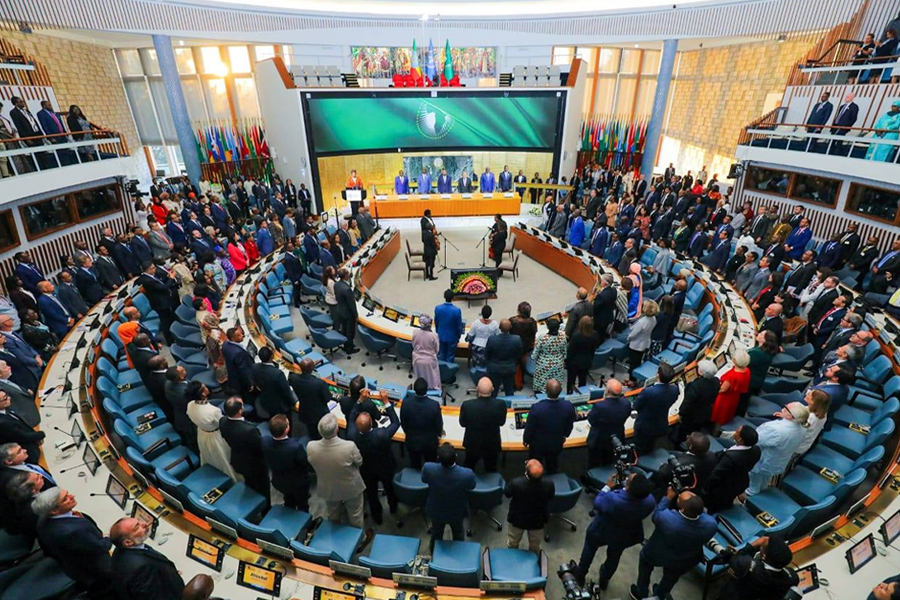
The iconic Africa Hall, where the leaders of 32 African nations gathered in 1963 to establish the Organization of African Unity (OAU), the precursor to today’s African Union (AU) was inaugurated after comprehensive renovation works at a cost of 57 million dollars. Initially designed by Arturo Mezzèdimi, a young self-taught architect, and constructed by Luigi Varnero to serve as the UN's continental headquarters, the hall now looks set to open to the public and add to Addis Abeba’s touristic profile. The building was donated in 1961 by Emperor Haile Selassie to the United Nations and was declared a "Monument to African History" in 2015. Prime Minister Abiy Ahmed said that the halls hold secrets of struggle and cooperation and is in line with his government’s endeavors to open previously closed spaces to the public. Claver Gatete, executive secretary of the United Nations Economic Commission for Africa, stated that tourism should drive growth on the continent and admired the renovation efforts that were under budget even with Covid-induced delays. Observers praise one of the most significant modernist restorations on the continent and celebrate its reopening as a world-class conference and cultural venue.
[ssba-buttons]